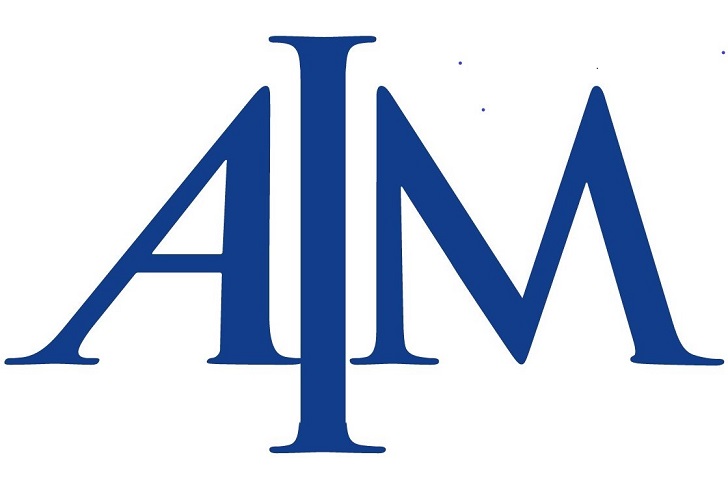10 Tips About Your IRA Contribution
10 Tips About Your IRA Contribution You Want to Know About. Here are the top 10 tips our Miami CPA Firm wants you to know about making an IRA Contribution.
This year, you have a few extra days to make IRA contributions to your traditional Individual Retirement Arrangements. That’s because Emancipation Day, a legal holiday in the District of Columbia, will be observed on Friday, April 15, 2011, which moves the due date for filing your tax return and making contributions to your 2010 IRA to Monday, April 18, 2011.
Here are the top 10 things our Miami CPA Firm wants you to know about making an IRA Contribution.
- You may be able to deduct some or all of your IRA Contribution. You may also be eligible for the Savers Credit formally known as the Retirement Savings Contributions Credit.
- IRA Contribution can be made to your traditional IRA at any time during the year or by the due date for filing your return for that year, not including extensions. For most people, this means contributions for 2010 must be made by April 18, 2011. Additionally, if you make a contribution between Jan. 1 and April 18, you should designate the year targeted for that contribution.
- The funds in your IRA are generally not taxed until you receive distributions from that IRA.
- Use the worksheets in the instructions for either Form 1040A or Form 1040 to figure your deduction for IRA Contribution.
- For 2010, the most that can be contributed to your traditional IRA is generally the smaller of the following amounts: $5,000 or $6,000 for taxpayers who were 50 or older at the end of 2010 or the amount of your taxable compensation for the year.
- Use Form 8880, Credit for Qualified Retirement Savings Contributions, to determine whether you are also eligible for a tax credit equal to a percentage of your IRA Contribution.
- You must use either Form 1040A or Form 1040 to claim the Credit for Qualified Retirement Savings Contributions or if you deduct an IRA contribution.
- You must be under age 70 1/2 at the end of the tax year in order to contribute to a traditional IRA.
- You must have taxable compensation, such as wages, salaries, commissions, tips, bonuses, or net income from self-employment to make an IRA Contribution. If you file a joint return, generally only one of you needs to have taxable compensation. However, see Spousal IRA Limits in IRS Publication 590, Individual Retirement Arrangements for additional rules.
- Refer to IRS Publication 590, for more information on IRA Contribution to your IRA account.
10 Tips About Your IRA Contribution
Welcome to the Gutenberg Editor
The goal of this new editor is to make adding rich content to WordPress simple and enjoyable. This whole post is composed of pieces of content—somewhat similar to LEGO bricks—that you can move around and interact with. Move your cursor around and you’ll notice the different blocks light up with outlines and arrows. Press the
How to Increase Profit Margins Through Virtual CFO Services
How to Increase Profit Margins Through Virtual CFO Services

Great Accounting Firms Share These 10 Traits
Great Accounting Firms Share These 10 Traits which has gone far beyond the paper-pushing days and now involves acting as a virtual CFO

Tax Accountant in Miami Cope with IRS Tax Season Delay
Tax Accountant said IRS delays start of tax season for individual returns would be postponed until February 17 with some as late as March

Miami Accountants Philosophy of Up or Out
Its up or out for Miami Accountants firms are faced with the dilemma of keeping long-term managers that are not ready to be equity partners or let them go.

Contadores en Miami Explican Auditorías del IRS
Contadores en Miami, Gustavo A Viera CPA, explica los pasos de una auditoría, desde la notificación de la auditoría hasta el cierre de la misma
Home » Blog » Accountants in Miami » 10 Tips About Your IRA Contribution

